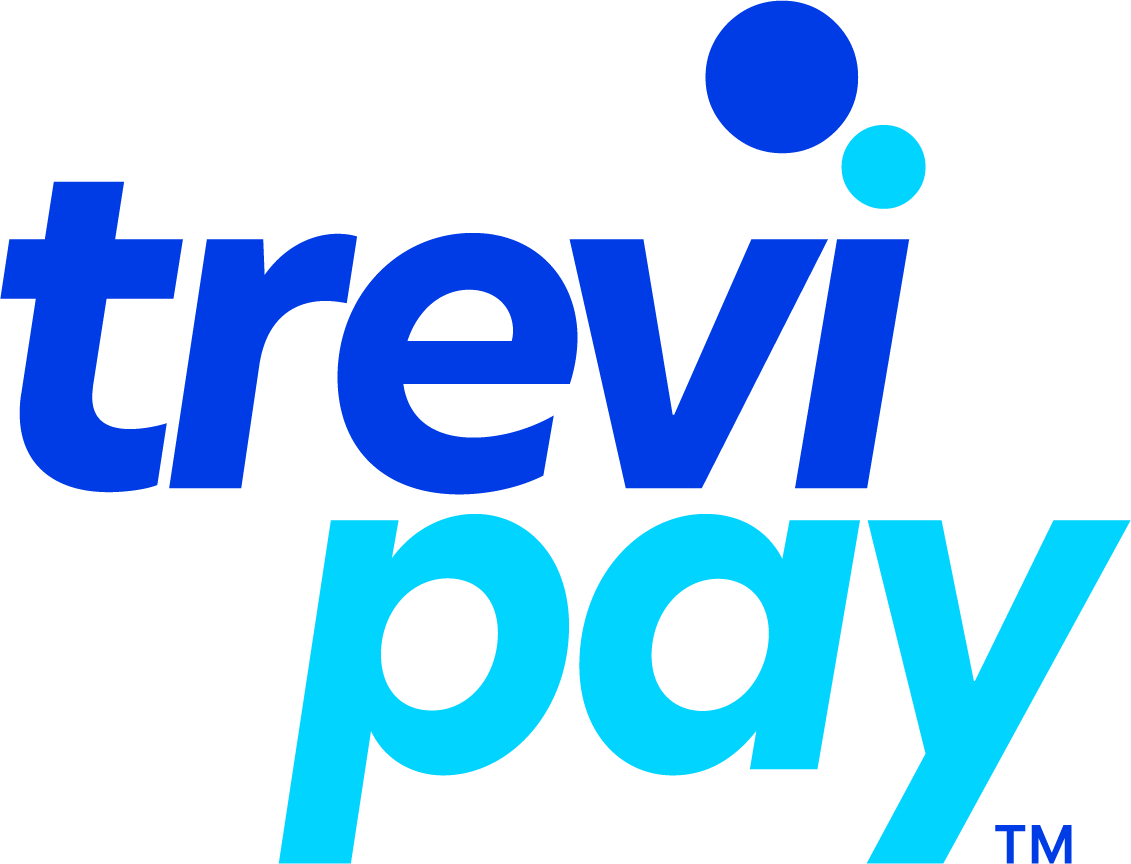While unpredictable for some time, the global business travel market is rebounding. This means there’s a light at the end of tunnel for those who want, prefer or need to travel for work. According to the Global Business Travel Association (GBTA), business travel spending worldwide will likely jump more than 38% this year and return to pre-pandemic levels in 2024, with revenues topping $1.48 trillion at that time.
As the industry continues its rebound from pandemic travel restrictions, hoteliers around the world have an opportunity to evaluate their technology processes and determine how to support updated business traveler preferences. Since the shift to remote work has made consumers and businesspeople more digitally advanced, corporate hotel guests have higher expectations for seamless, tech-enabled options.
This digital transformation begins with addressing hotels’ dated property management systems (PMS). Often compared to banks, hotels tend to have older infrastructure, operate on-premises versus on-cloud and have been heavily disrupted by online aggregators. In the case of hotels, this would include direct bookings through online travel agencies, like Expedia.com or Hotels.com, that specialize in the selling of travel products such as flights, accommodations and rental cars.
When looking at two prevalent pain points in the industry today, such as staffing shortages and lagging average occupancy rates (AOR), taking steps toward digital transformation will help future-proof hoteliers’ business strategy and set them apart from the competition. Beginning at the time of booking and right until the moment a guest checks out, a critical component of the guests’ user experience is payment.
So, what can hotels do differently for their corporate guests?
The short answer is making the payment process more seamless and invisible. Here’s a more detailed look at four ways hotels can make corporate travel more flexible – for both business travelers and hotels themselves – through consolidated, direct billing.
Offer an invisible invoicing option
Right now, this process is incredibly laborious for corporate travelers and for their employers to manage business accommodation receipts. For example, many hotels’ corporate clients distribute and manage travel and expense (T&E) cards to traveling employees, who then need to consolidate and categorize expenses with their A/P team.
In other instances, business travelers must use their personal credit cards to pay for hotel stays that then need to be expensed back to their employer – sometimes via a complex expense management system. To eliminate both convoluted methods, companies can direct their business travelers to stay at hotels that have a dedicated financial relationship with them. Without any need to present a physical card for reservation or payment, the traveler’s invoice can be automatically sent to their company for payment on-terms after their stay. In the payments industry, this can be referred to as an embedded payments solution.
Alleviate manual invoice reconciliation
Manual invoicing is rife, error prone and time consuming. A recent survey of 13,000 job seekers shared that more than half of U.S. hospitality workers said they wouldn’t go back to their jobs, largely attributed to rate of pay, workload and feeling unappreciated at work.
By implementing a consolidated billing solution, hoteliers can leverage technology to take the administrative burden away from staff and increase the likelihood of job satisfaction. The system automatically consumes and aggregates a corporate clients’ invoices that are then sent for payment. This frees up hotel staff’s time to focus on the important items that need a human touch.
Build a direct relationship with corporate clients
With companies spending more than $111.7 billion on business travel every year, hotel chains can build a dedicated financial and expense management relationship through consolidated billing to increase corporate loyalty.
Choice Hotels was recently announced as the first hotel chain to do this with TreviPay. Hoteliers can establish pre-negotiated rates with an external team to manage the risk of extending trade credit to their corporate clients. These corporations will be more likely to work with a participating hotel again in the future, which increases occupancy and revenue.
Read the full article, originally published on Phocuswire, here.





